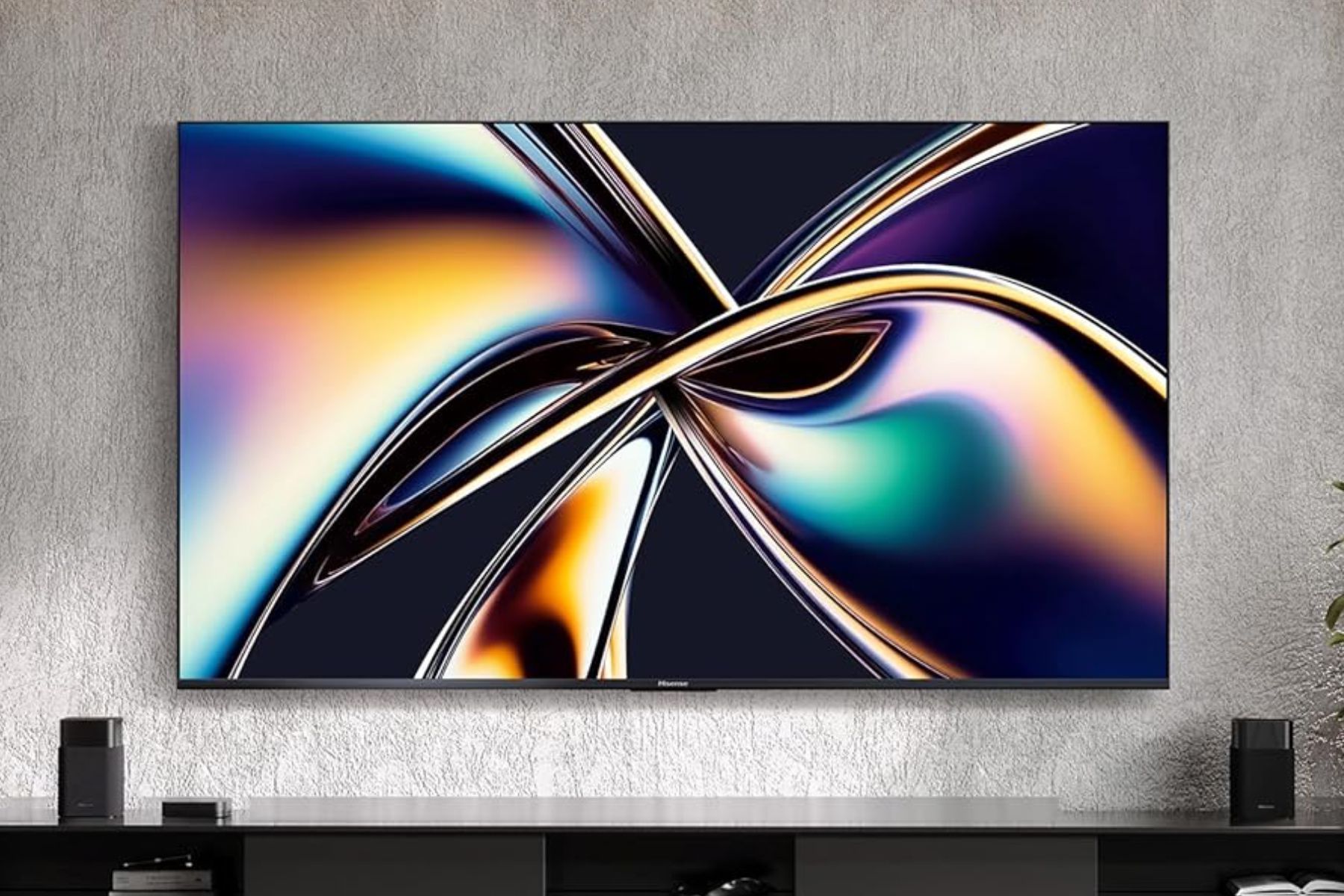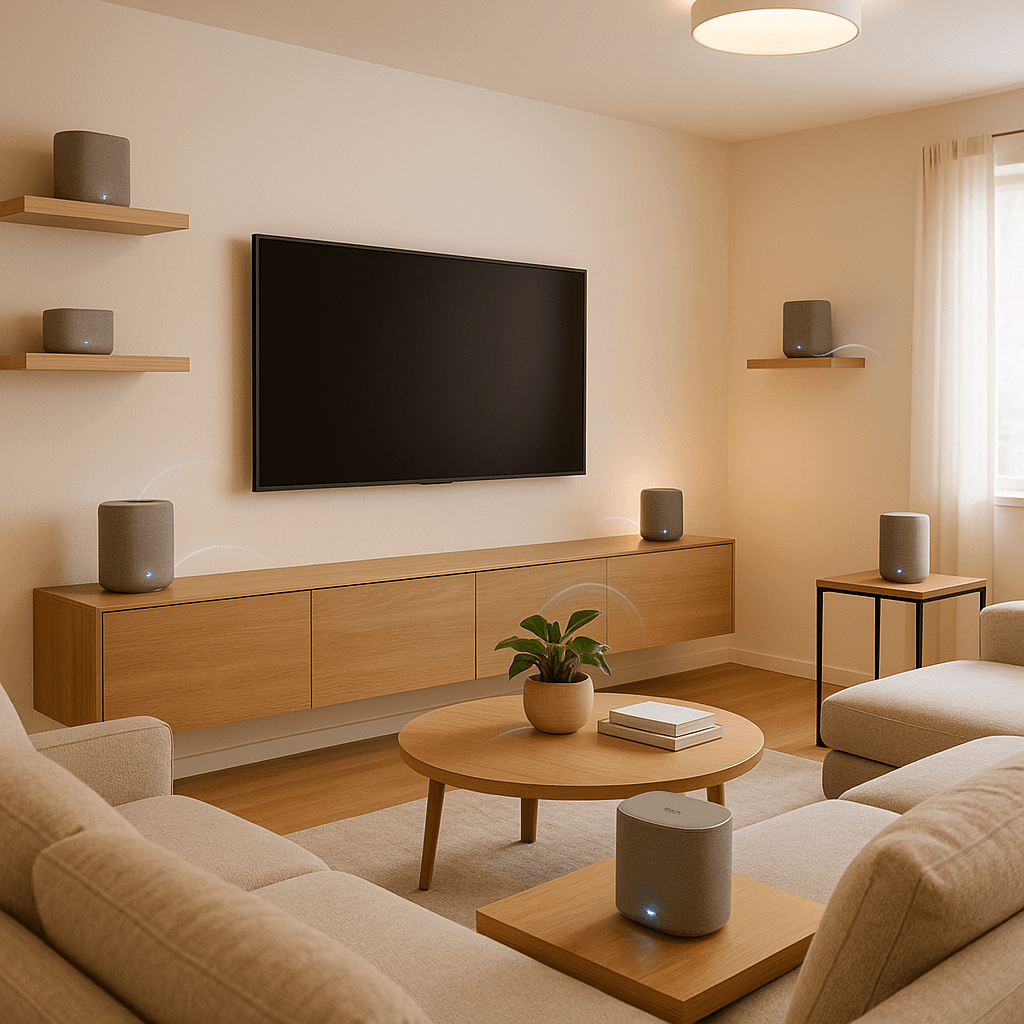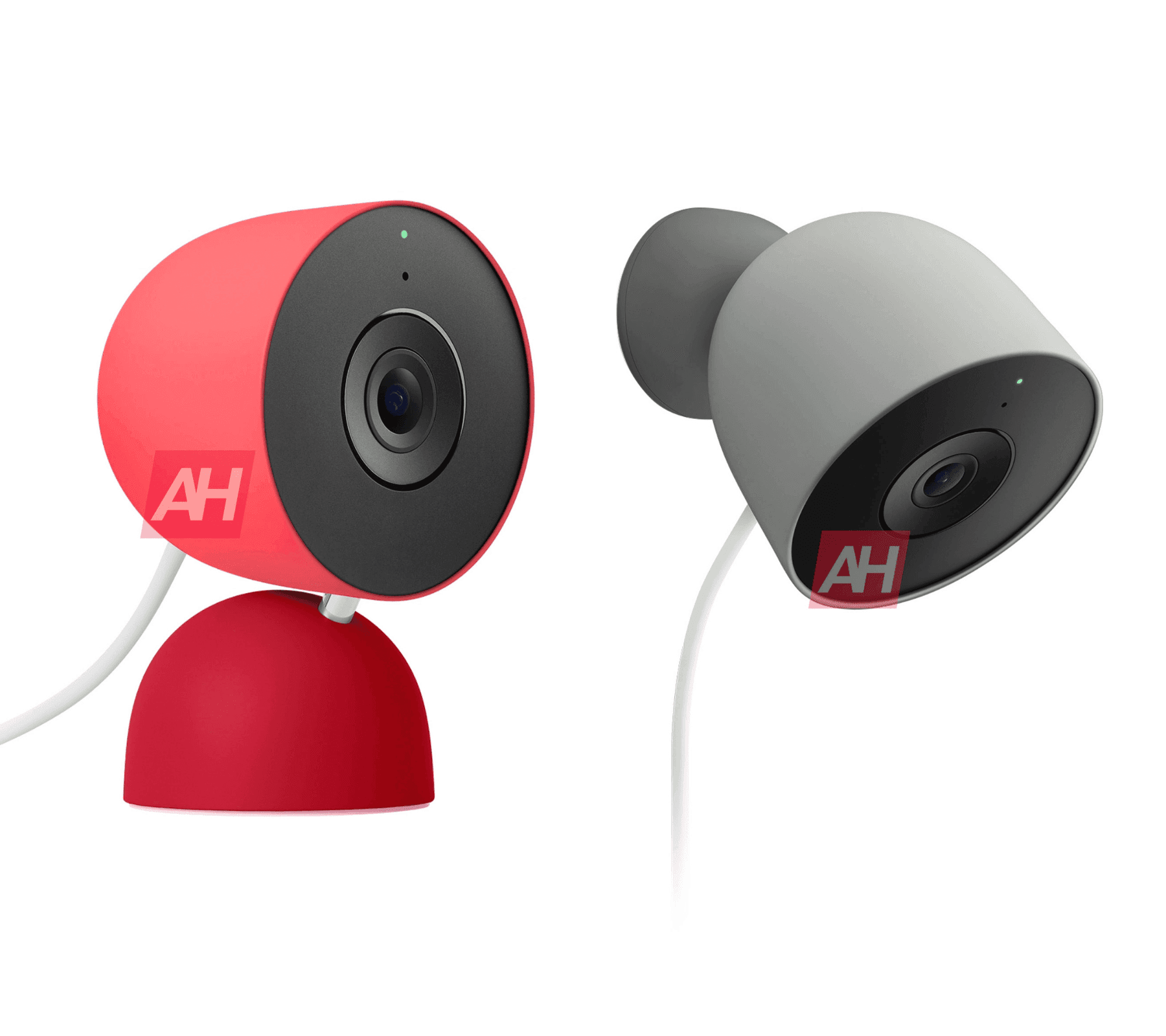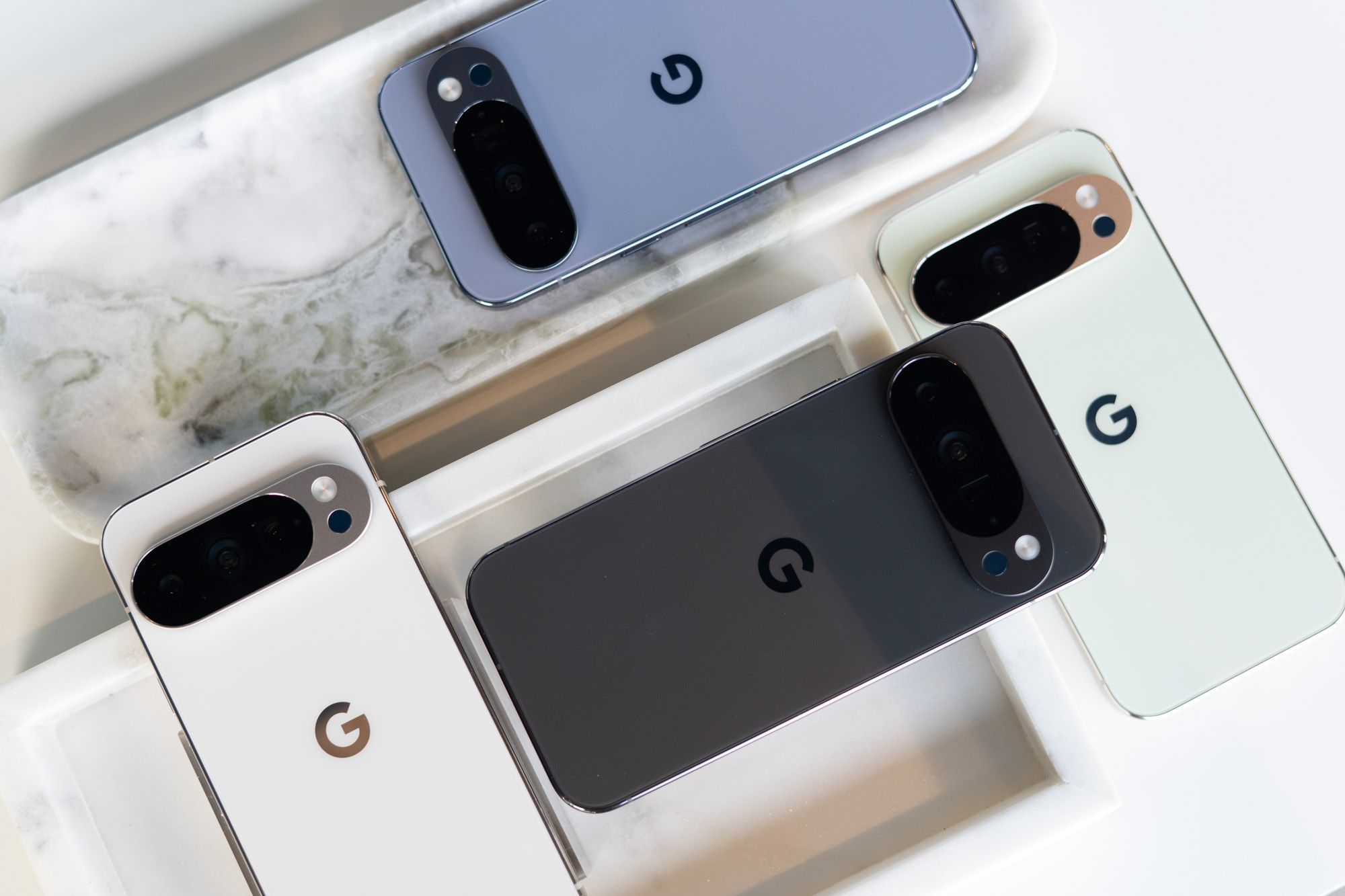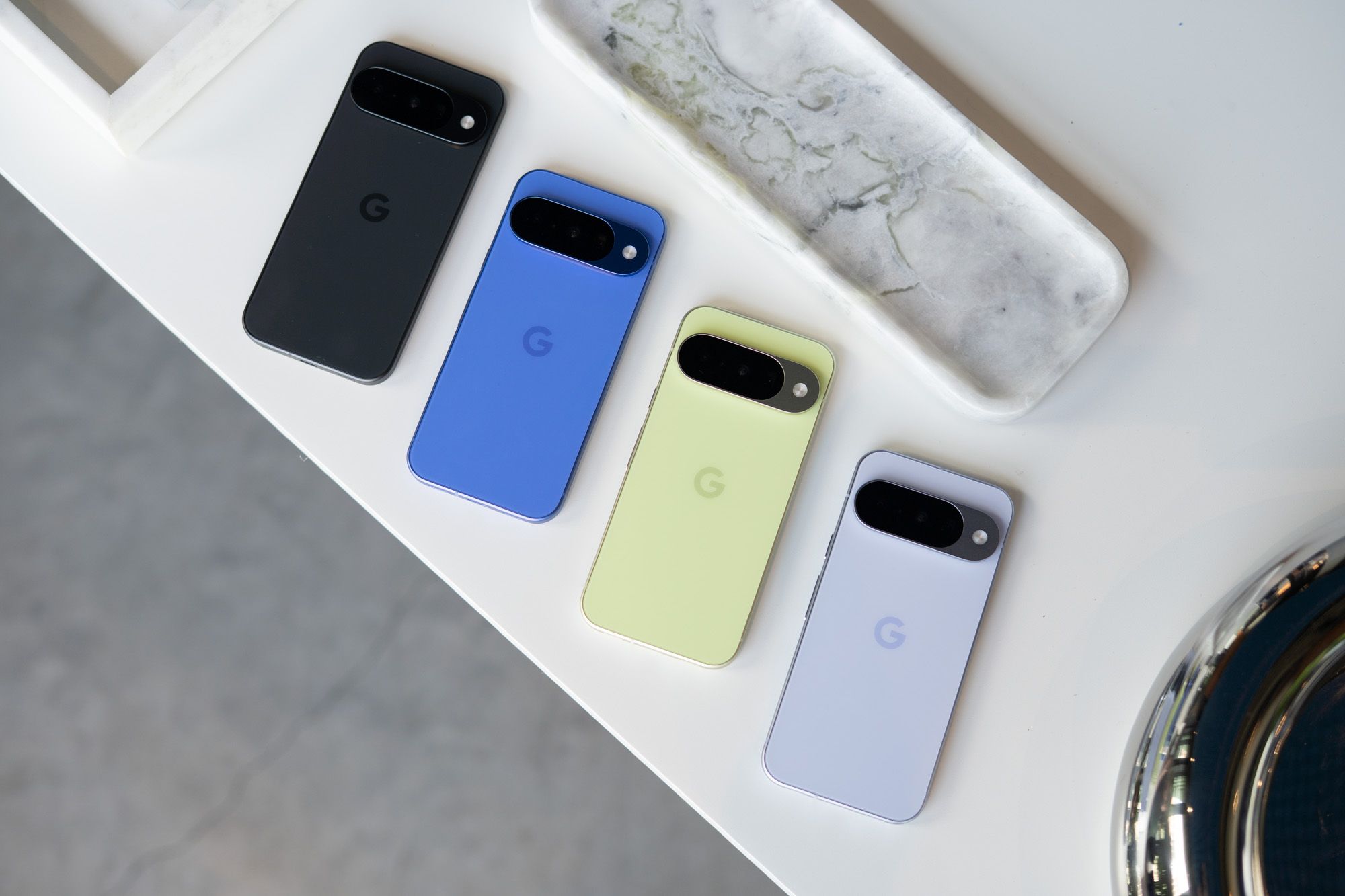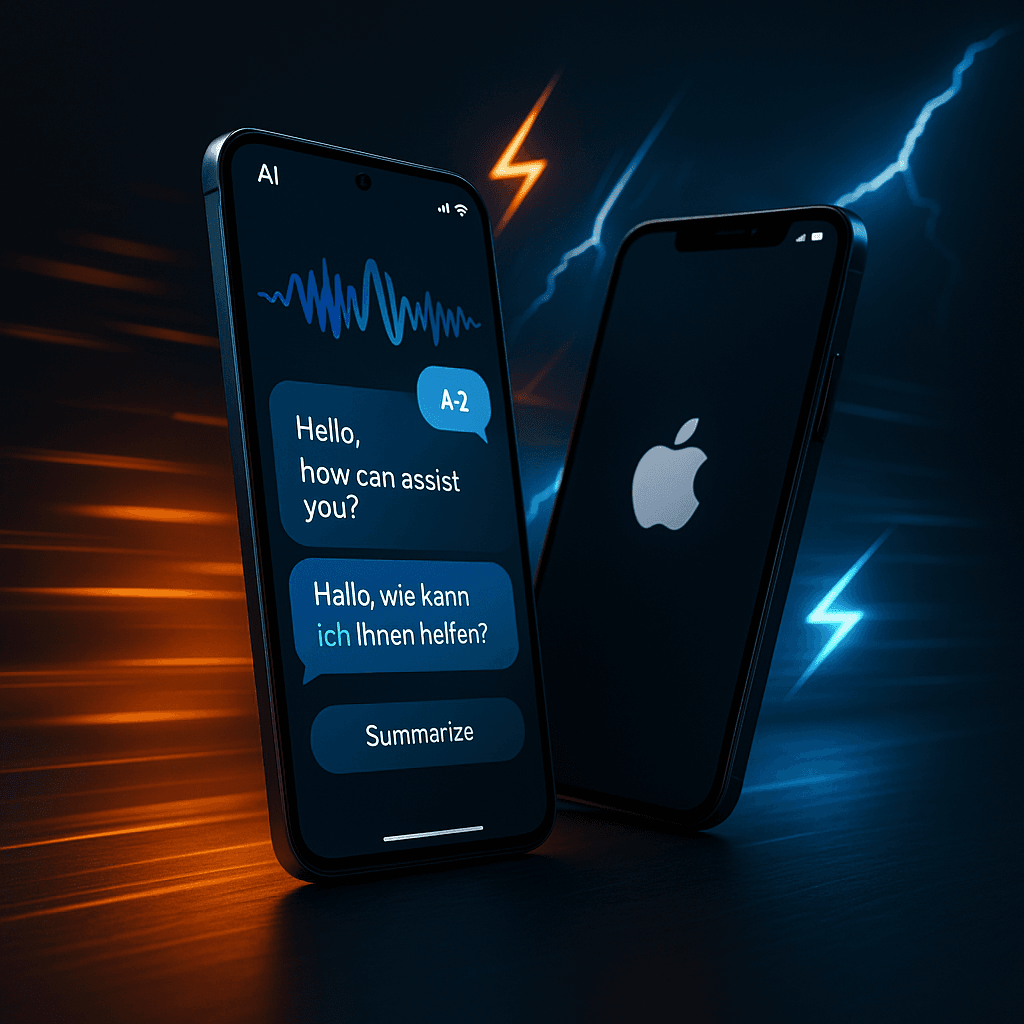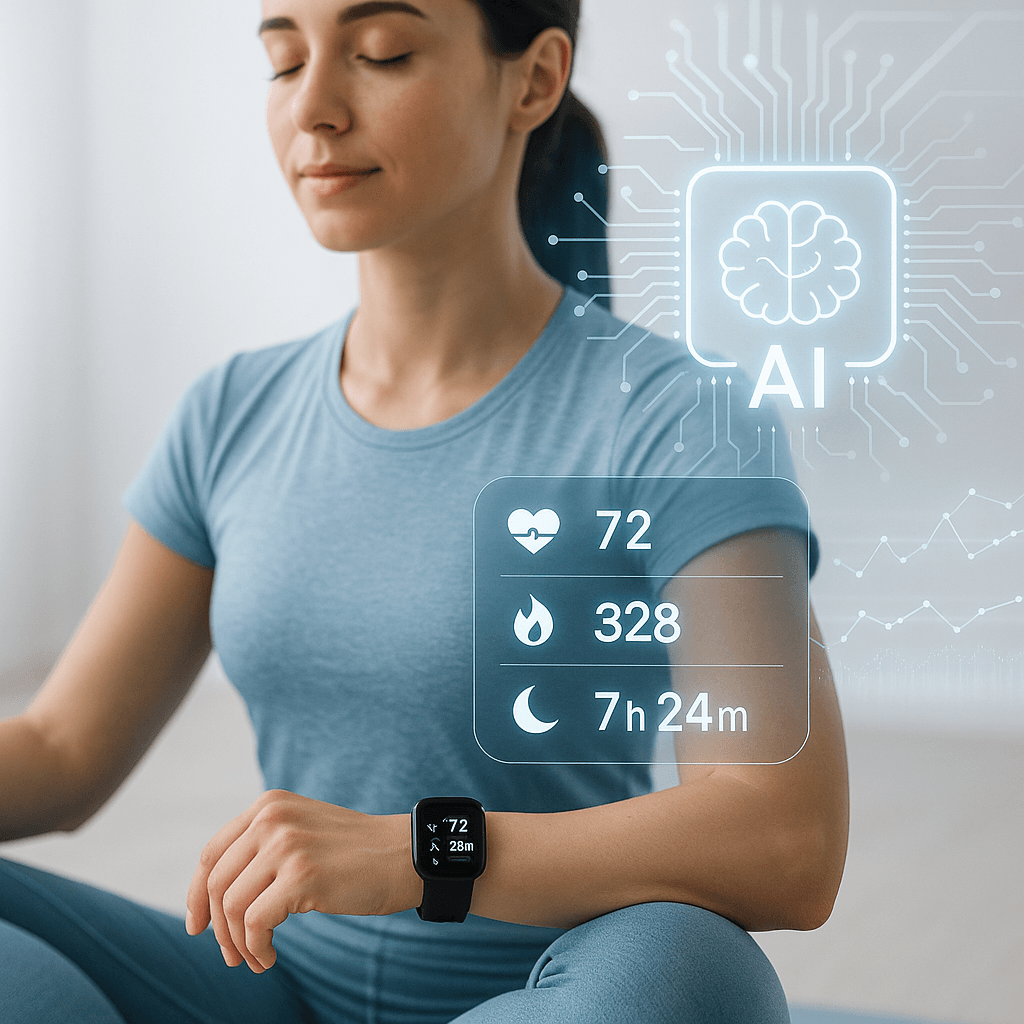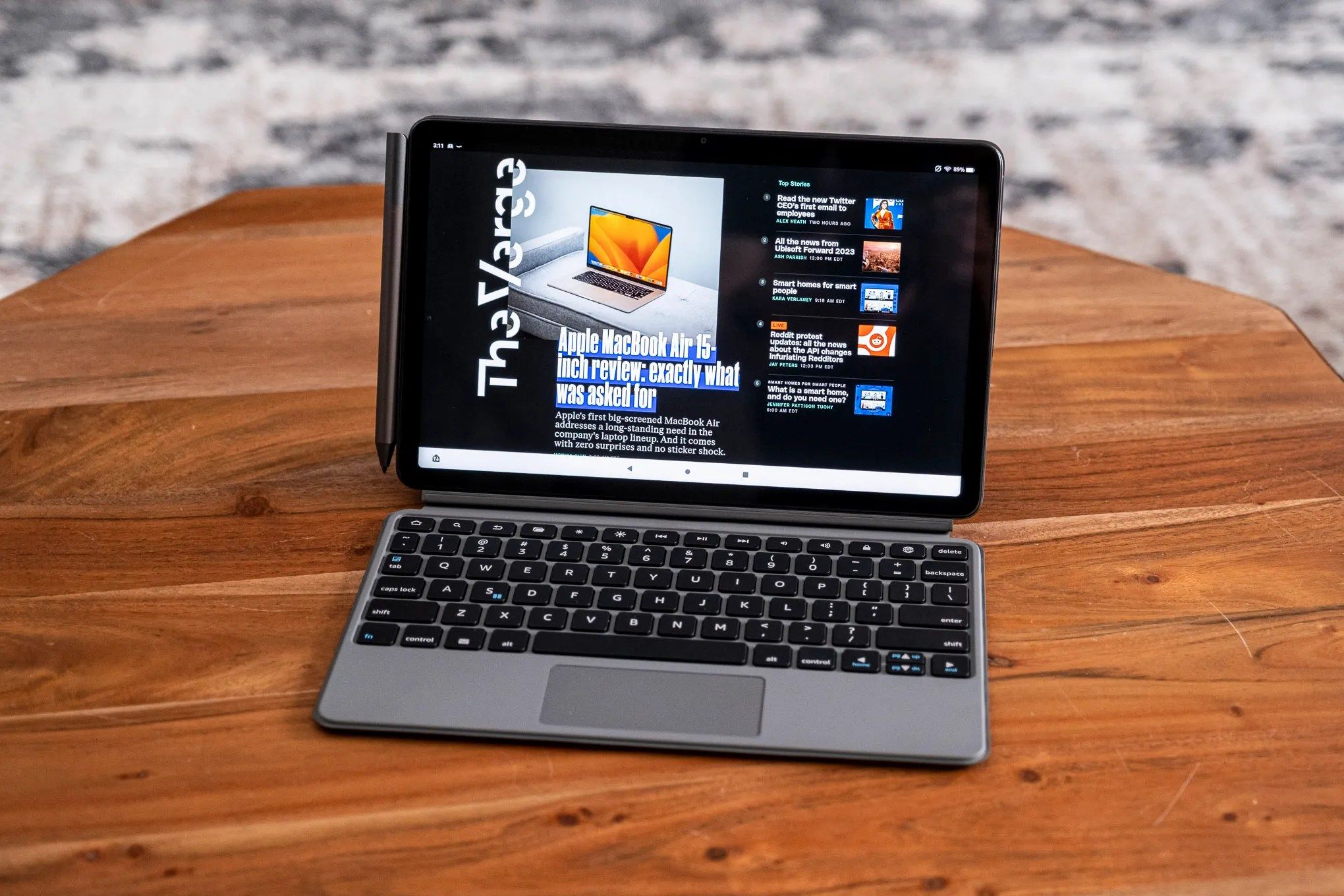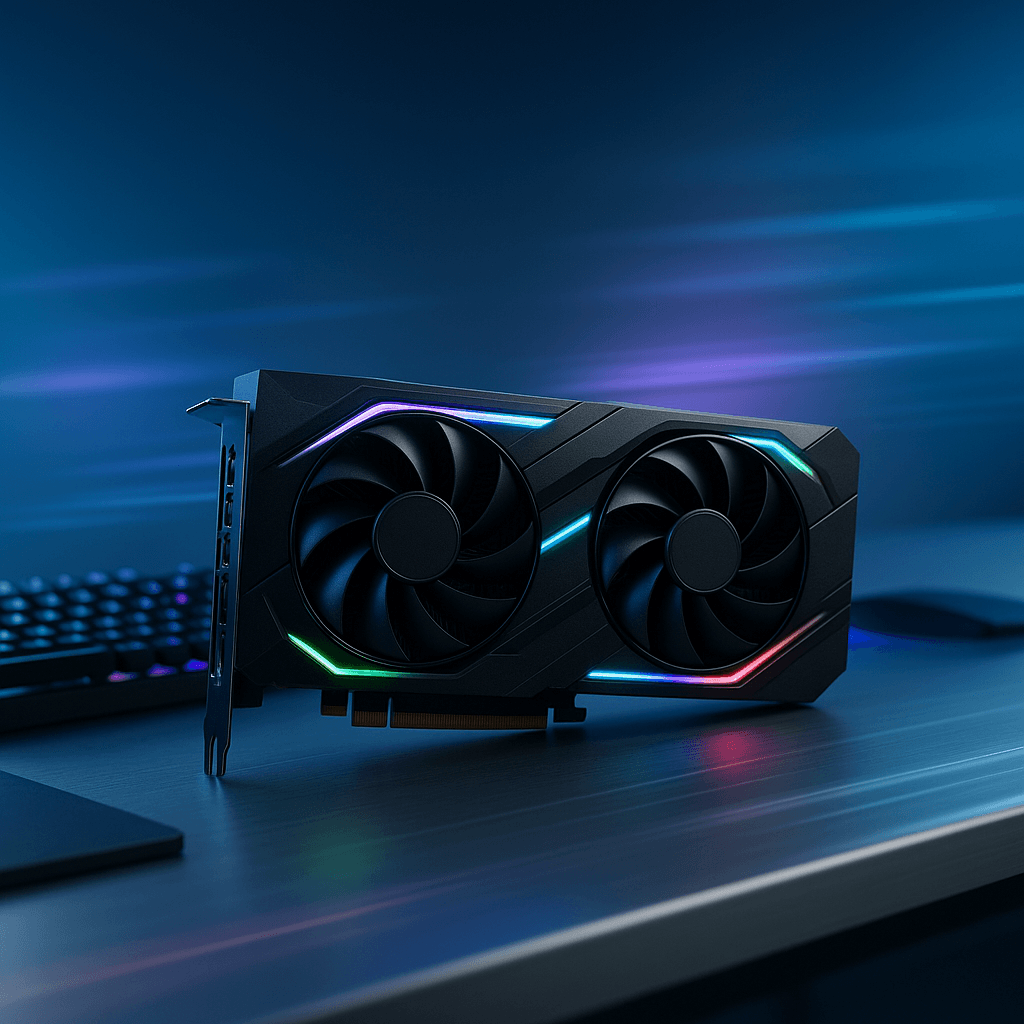Google just pulled the trigger on its biggest interface update in years, pushing the colorful Material 3 Expressive design to millions of existing Pixel users today. The rollout extends the company's vibrant, bubbly UI from flagship Pixel 10 phones down to Pixel 6 devices and tablets, marking a major refresh for Android's visual identity that could reshape how users interact with their devices.
Google just democratized its most ambitious interface overhaul in years. The tech giant's September Pixel drop pushes Material 3 Expressive — the vibrant, personality-packed UI that debuted with Android 16-equipped Pixel 10 phones last month — to every Pixel device from the 6-series forward, plus Pixel tablets. The move instantly refreshes millions of existing devices with Google's boldest design language yet according to the company's announcement. Material 3 Expressive trades Android's traditionally clean aesthetic for something more playful — think bubbly icons, richer colors, and interface elements that feel more like conversation starters than sterile tools. The update introduces iPhone-style calling cards that let users create custom call screens for contacts, a feature that signals Google's willingness to borrow Apple's best ideas while putting its own spin on personalization. But this isn't just about prettier pixels. The rollout comes paired with substantial AI-powered upgrades across Google's hardware ecosystem, starting with the Pixel Buds Pro 2. These earbuds now feature Adaptive Audio that automatically adjusts volume based on environmental sounds — a smart response to Apple's similar features on AirPods Pro. More intriguingly, users can now accept or reject calls by simply nodding or shaking their heads, eliminating the fumble for phone controls during workouts or while hands are full. The gesture recognition represents Google's push into ambient computing, where devices anticipate user intent without explicit commands. Background noise reduction when interacting with Gemini AI also arrives with this update, addressing one of the biggest complaints about voice-based AI assistants in noisy environments. Google's wearable strategy gets a boost too, with Pixel Watch and WearOS devices now automatically displaying Maps navigation when users start walking or biking directions on their phones. The seamless handoff reflects Google's broader ecosystem play, attempting to match Apple's device continuity while leveraging Android's broader hardware partnerships. The update extends beyond Pixel hardware to the wider Android universe through rolling out globally. Gboard now offers AI-powered writing suggestions, putting generative AI directly into the keyboard millions use daily. The feature could pressure Microsoft's SwiftKey and other keyboard apps to accelerate their own AI integrations. Google's also launching Androidify, a new app that uses AI to create personalized Android mascot avatars from selfies and text prompts. While seemingly playful, the tool showcases Google's computer vision capabilities and could serve as a testing ground for more sophisticated avatar creation in future products. The broader significance extends beyond individual features. Material 3 Expressive represents answer to accusations that Android feels sterile compared to iOS. By pushing personality and customization to older devices, the company extends the premium experience downmarket — a crucial move as smartphone replacement cycles lengthen and users expect more value from existing hardware. The timing isn't coincidental. As Apple prepares its own iOS interface refresh and continues pressuring Android manufacturers with ecosystem lock-in, aggressive backward compatibility sends a clear message: Android devices age better. The strategy could influence user retention and purchasing decisions, particularly among the cost-conscious consumers who often buy previous-generation Pixel devices. Industry analysts see the move as response to increasing competition in the premium Android space from Samsung and OnePlus, both of which have improved their software update policies. By ensuring older Pixel devices feel fresh and feature-rich, Google maintains differentiation even as hardware specs plateau.
